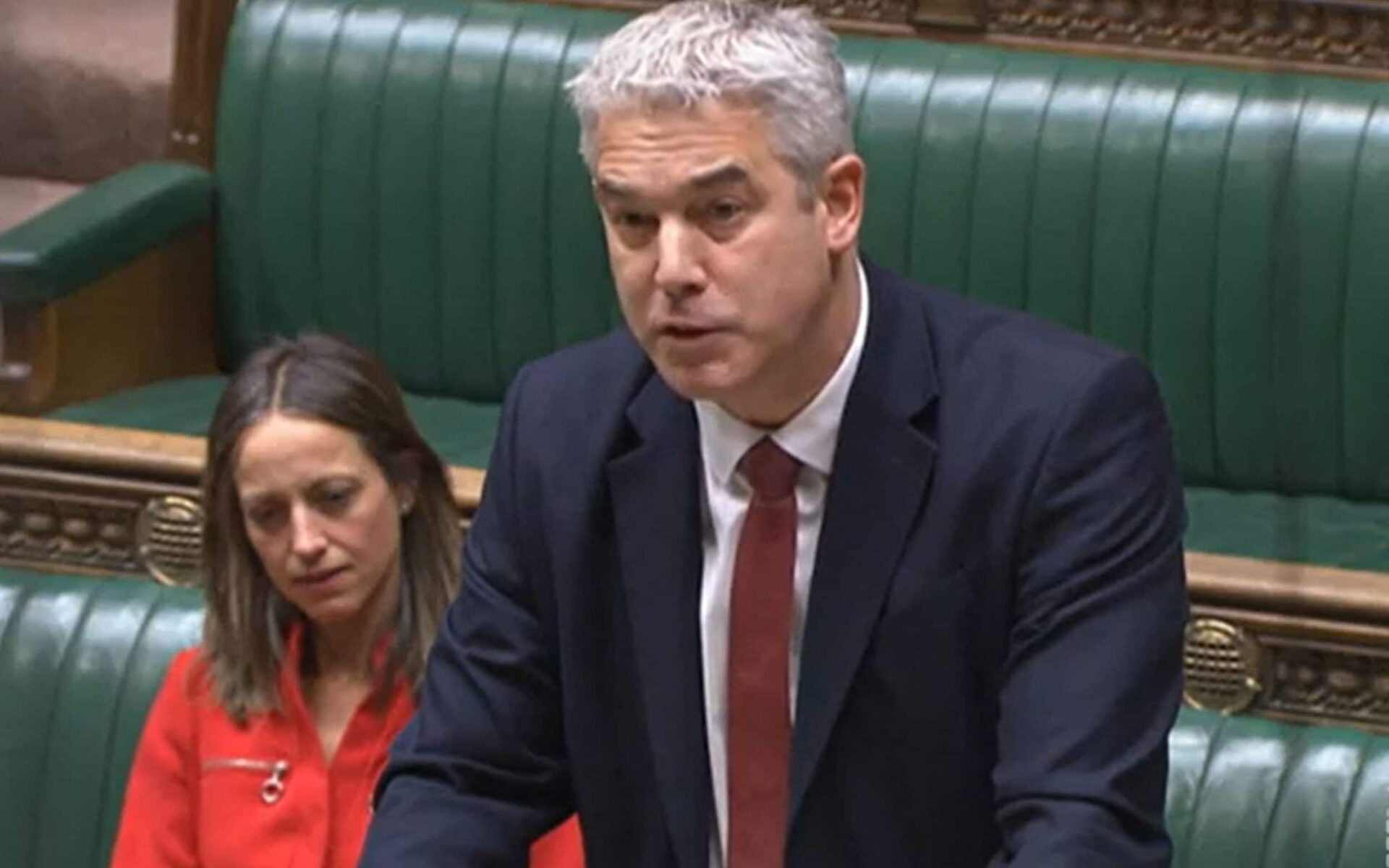Maria Caulfield urges Royal College of Nursing to call off action as NHS in England faces worst strike this winter
And here are some more lines from Maria Caulfield, the health minister, speaking for the government on the morning interview round.
Caulfield claimed that the “vast majority” of hospital patients in England would not be affected by today’s strikes. She told LBC that “less than half of all trusts in England” were experiencing nurse strikes. She went on:
For the vast majority of patients, they won’t be affected in terms of going to procedures and appointments and operations.
If their trust is affected, they would have been in touch with them to let them know what’s happening.
She expressed doubt that the increased pay offer to health workers in Wales would resolve the strikes. Most health unions in Wales called off this weeks after the Welsh government tabled a revised offer so that their members can consider it. But, when asked why the UK government was not doing the same for health workers in England, Caulfield told the Today programme:
The offer in Wales, 3%, is only actually a 1.5% pay increase, and then another 1.5% lump sum payment. And that is being put to members in Wales. A much higher offer was put to members in Scotland before Christmas and was rejected. So we are in no means in Wales out of the woods in terms of a deal being done.
She insisted that offering an above-inflation pay high rise to nurses would fuel inflation. But when the Today presenter Justin Webb put it to her paying staff more in the NHS would not lead to prices going up (as paying staff more does in firms that fund pay rises by charging customers more), and asked Caulfield to explain what the “mechanism” was by which a pay rise would fuel inflation, Caulfield dodged the question. She replied:
It’s not just about fuelling inflation. It’s paying for it.
It’s a combination of both. If you give above-inflation pay rises, that would in fuel inflation. But we’re talking about – in Wales they’ve got 3% on the table. But we have to pay for it.
And at the moment we are borrowing record amounts of money. We’re seeing interest rates that have gone up because we’ve got record levels of borrowing. So it is the whole financial picture that has to be taken into consideration.
She said the decision by health unions to withdraw from the pay review body process for England for 2023-24 “doesn’t help at all”.
She said it would be “extremely difficult” to include this year’s pay settlement in any fresh talks with unions.
She admitted that today’s strikes posed a risk to patients. She told Sky News:
There is a risk to patients the longer that strikes go on.
So if your operation is cancelled the first time, there is probably a minimum risk. If that’s cancelled time and time again because of ongoing strikes, then patients become more poorly and there is always a risk.
Continue reading…


